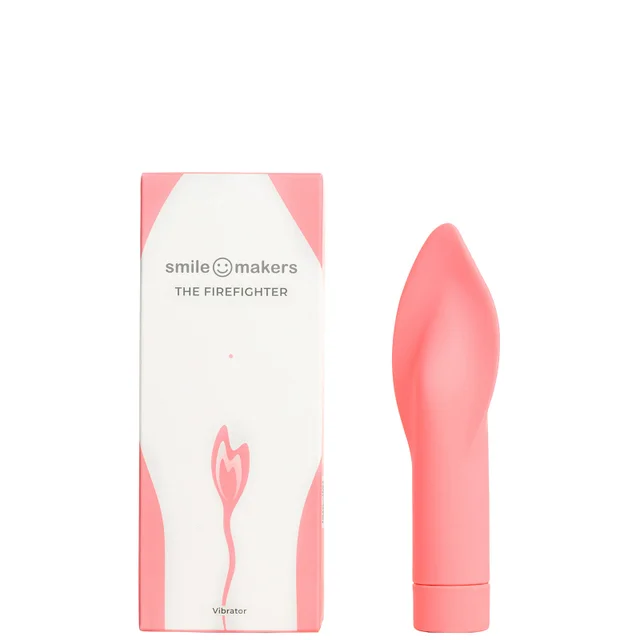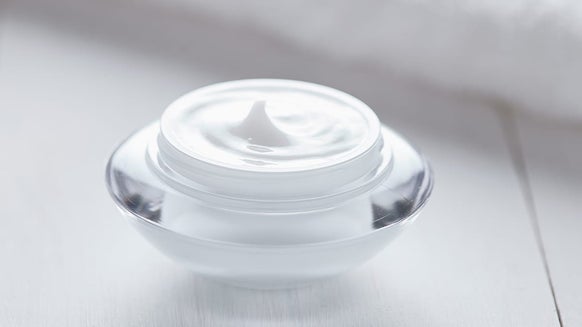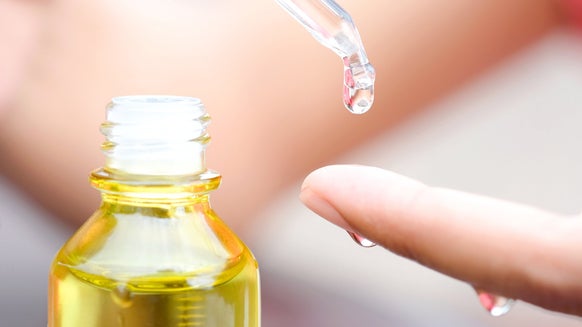How a healthy sex life can improve your mental health

We know sex is a pretty hot topic for the most part, but if we look a little deeper, could there be more benefits than we ever imagined? With many believing there are positive links between a consistent sex life and improved mental health, it’s time to take a deep dive into the ins and outs of sexual wellness.
What determines a healthy sex life?
When it comes to defining a ‘healthy’ sex life, it’s not a one-size-fits-all solution. Healthy sex looks different to every person, depending on our own set of wants, needs and desires. However, Steph Andrews, Sexpert at VUSH, reveals the top points to know when supporting your own sexual journey:
“Open and honest communication: Talk with your partner about your desires, boundaries, and preferences. This helps create a safe and comfortable environment for exploring your sexual needs and desires.” “Mutual satisfaction: Both partners should feel satisfied with their sexual experiences, which can be achieved through sexual positions, foreplay, experimentation, orgasms and even feeling emotionally connected to your partner.” “Consent: Consent is essential in any sexual encounter. Both partners should willingly and enthusiastically agree to engage in sexual activity.” “Variety: Variety can help keep sex exciting and interesting. This can include trying new positions, exploring different types of sexual play, and experimenting with different forms of stimulation.” “Frequency: The frequency of sexual activity can vary from person to person and depends on individual preferences and circumstances. It is important to find a frequency that works for both partners and respects their boundaries and needs.”
Is there a link between a healthy sex life and improved mental health?
Though it’s clear we’re all wired differently, most sexperts agree on a correlation between sex and mental health:
“Our sex lives and mental health have a bidirectional relationship, meaning they can each have an impact on the other,” explains Kate Moyle, Psychosexual & Relationship Therapist, Certified Psycho-Sexologist at LELO. “I work with many people who describe their struggles with sex impacting their self-esteem, self-confidence, relationship, or that it's holding them back from dating. Others describe how positive sexual experiences give them a boost, a sense of intimacy, the feeling of being desired and the experience of pleasure, which comes paired with a release of feel-good neurochemicals and endorphins.”
These feel-good endorphins act as natural pain and stress relievers, and are released during pleasurable activities like – you guessed it – sex.
However, Samantha, head of pleasure and content at Smile Makers, makes sure to note that there’s no single definition of a ‘healthy’ sex life: “Just like most things, it’s unique to each and every one of us,” she assures. “When you’re prioritising your physical and emotional wellbeing in your sex life, it’s likely it’s healthy! I also want to stress that our sex life is way more than partnered sex – I find that we often think in the context of another person, but we (the individual) should be at the centre of our sex life.”
How can improving our sex life also help to improve our mental health?
Steph explains some of the ways we can support our mental health through a sexual wellness lens:
“Exploring your body through regular masturbation can help you become more aware of your individual physical and emotional needs. As a result, this can help to improve your self-esteem and body image, allowing you to become even more comfortable in your skin and confident in your body,” she shares. “Studies have also suggested that people who masturbate and have sex more frequently experience improved cognitive function. In particular, masturbating in the morning can lead to increased energy and productiveness throughout the day, relating to heightened cognitive functioning.”
Going hand-in-hand with the art of self-pleasure, orgasms may also play a positive role when it comes to improving our mental health:
“Orgasms relieve tension to reduce physiological stress in the body and produce hormones that support mental relaxation,” says Steph. “Orgasms release oxytocin, which can decrease anxiety and reduce cortisol, the stress hormone. They also release dopamine and endorphins, which make you feel good and boost your sense of wellbeing. However, masturbation doesn’t need to include orgasm to relieve stress.”
What are your general top tips for improving our sex life for improved mental health?
Redefine sex – “Many of us are so focused on a very heteronormative and linear model of sex which doesn't work for everyone,” says Kate. “Breaking down your definition of sex to something more sex positive and pleasure focused can help you to have more of the sex that works for you, rather than sticking to what you think you 'should' be doing.” Lube lube lube – “That’s it, that’s the tip,” laughs Samantha. “For many people with vulvas, we’ve been taught that penetration is a big part of sex - spoiler: external stimulation is where it’s really at! A drop or two of Generous Gel lube will make things not just comfortable, but pleasurable too. Experiment with solo play – Steph advises: “Try different masturbation techniques, such as using a vibrator, using different types of pressure or strokes, or trying new positions or locations. Communicate openly – “Communication is key to having a healthy and satisfying sexual relationship,” confirms Steph. “Talk to your partner about what you like and don't like, what turns you on, and any concerns or boundaries you may have.”


















